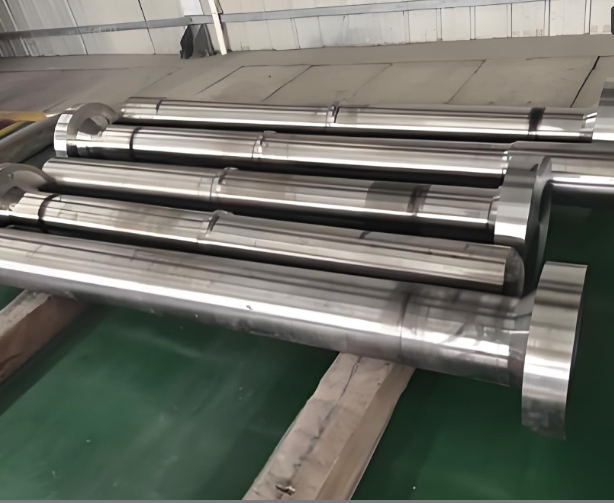
This article explores what makes Shaanxi Lasting a leading titanium forging manufacturer, highlighting its commitment to quality, advanced manufacturing processes, extensive product range, and customer-centric approach. It emphasizes the company's innovation efforts and global reach, positioning it as a trusted supplier in the titanium industry.
View More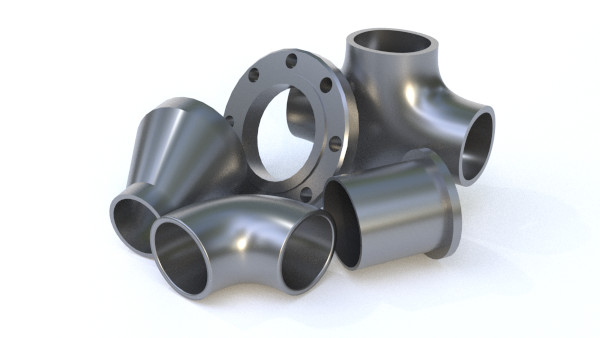
This article explores how machining impacts the quality of titanium pipe fittings, detailing the challenges faced during the machining process and best practices for achieving optimal results. It highlights the importance of understanding titanium's unique properties and the significance of selecting appropriate machining techniques to ensure high-quality fittings for various applications.
View More
This comprehensive guide explores the various grades of titanium fasteners, detailing their properties, applications, and advantages. It highlights the importance of selecting the right grade for specific applications and discusses the challenges and future trends in the titanium fastener industry. As industries seek to enhance performance and sustainability, titanium fasteners are increasingly recognized for their value in demanding environments.
View More
This article explores the critical role of titanium fasteners in the chemical processing industry, highlighting their unique properties, applications, and advantages. It discusses the challenges associated with their use and anticipates future trends in manufacturing and adoption. As industries seek to enhance performance and sustainability, titanium fasteners are increasingly recognized for their value in demanding environments.
View More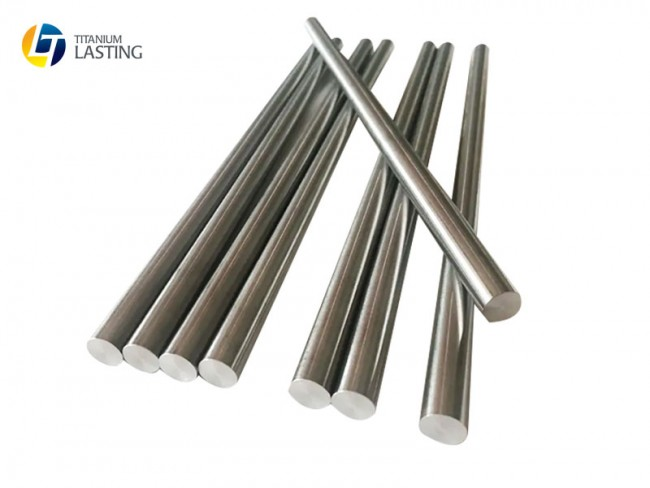
This article provides a comprehensive guide on ensuring that titanium round bars meet ASTM and AMS standards. It covers material selection, manufacturing processes, testing, and certification, emphasizing the importance of compliance for quality and safety. The article also discusses challenges faced by manufacturers and the future outlook for the titanium round bar market.
View More
This article explores the market trends and demand forecasts for titanium round bars in 2026, highlighting key applications in aerospace, medical, and chemical processing industries. It discusses the factors driving demand, challenges faced by the market, and the expected growth rate, emphasizing the importance of titanium in high-performance applications.
View More
This article explores the role of titanium round bars in corrosive chemical environments, highlighting their properties, applications, and advantages. With exceptional corrosion resistance, strength, and lightweight characteristics, titanium round bars are essential in industries such as marine, chemical processing, aerospace, and medical. Their long-term durability and cost-effectiveness make them a preferred choice for challenging applications.
View More
This article provides an in-depth guide on custom machining titanium round bars, covering essential factors such as material selection, tooling, machining parameters, and quality control. It highlights the benefits and challenges of machining titanium, as well as common applications in industries like aerospace, medical, automotive, and chemical processing.
View More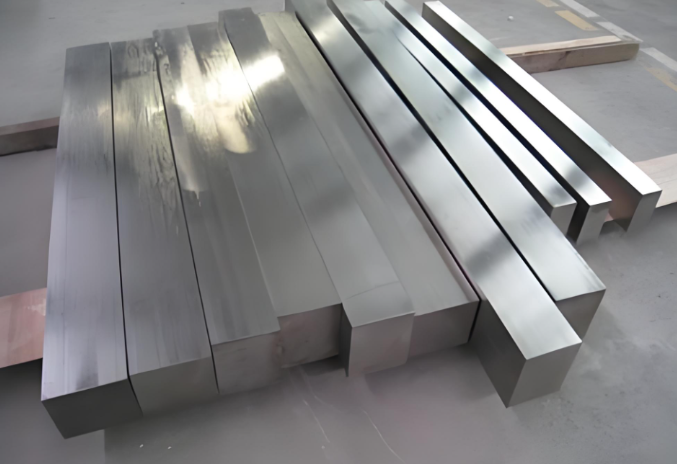
This article provides a comprehensive guide on how to choose the right titanium square bar for various applications. It covers essential factors such as application requirements, titanium grades, size and tolerance, cost considerations, and supplier quality. Additionally, it highlights common applications of titanium square bars in industries like aerospace, medical, chemical processing, and marine environments.
View More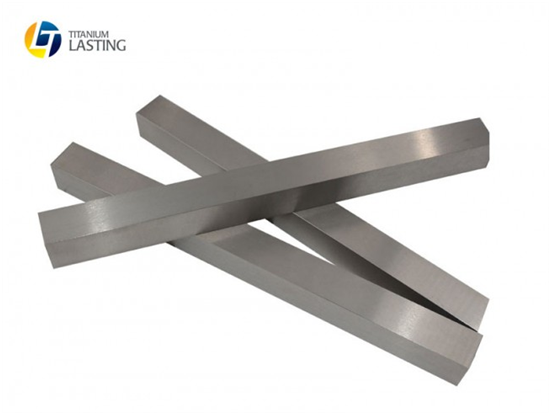
This article explores titanium square bars, highlighting their unique properties, applications, and advantages over other materials. It discusses their significance in industries such as aerospace, medical, and automotive, while also addressing manufacturing processes and challenges. The article concludes with a look at future trends and frequently asked questions about titanium square bars.
View More
This article explores the manufacturing process of titanium wire, detailing each step from raw material preparation to final product. It highlights the importance of precision in producing high-quality titanium wire, which is essential for various industries, including aerospace and medical applications. Understanding this process is crucial for engineers and manufacturers who rely on titanium wire for high-performance applications.
View More
This article explores the reasons engineers prefer titanium wire in high-stress applications, highlighting its unique properties, advantages, and applications across various industries. It discusses best practices for using titanium wire and provides insights into its performance in demanding environments. Understanding these factors will help you choose the right wire for your project.
View More